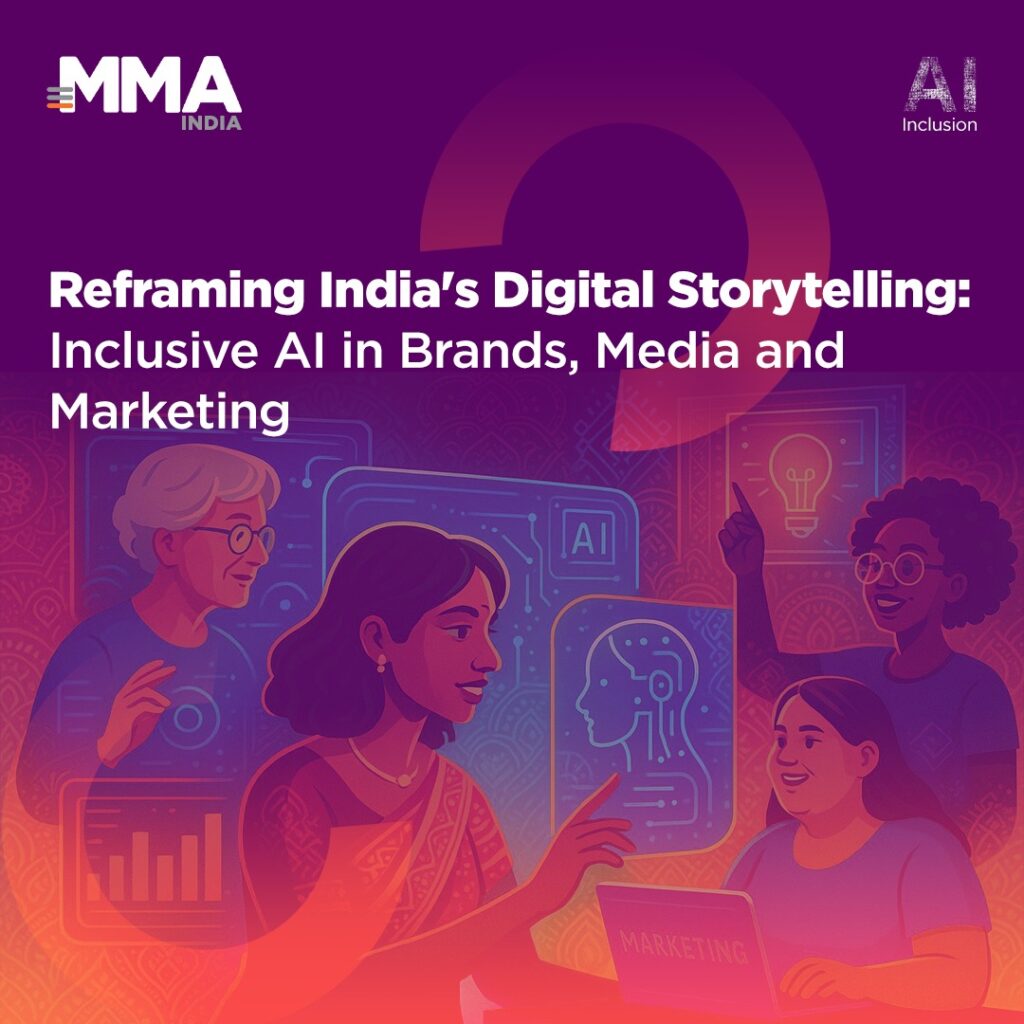
As consumer preferences evolve, traditional advertising is losing to new ways of creating authentic and engaging content. This is evident in the e-commerce sector, where influencer marketing has become an essential product discovery and sales channel. According to impact.com’s latest report, titled “E-commerce Influencer Marketing in Southeast Asia 2024,” Southeast Asia’s e-commerce market is thriving, with total sales reaching $149 billion in 2024 and projected to grow to $305 billion by 2029. Indonesia currently leads in net merchandise value (NMV), contributing 42% of total sales. Influencer marketing has also emerged as a significant driver of e-commerce performance, accounting for up to 21% of annual sales in 2024, or $31 billion in NMV.
The Influencer Ecosystem
By 2029, influencers are expected to play a more prominent role in driving sales. Over 80% of consumers surveyed have purchased a product based on an influencer’s recommendation, with beauty, fashion, and grocery categories experiencing the highest levels of influencer-driven shopping. Thailand currently leads in the power of influencer-driven purchases, while Singapore ranks lower in influencer impact.
Across the region, influencer content accounts for approximately one-third of all time spent across social media platforms. YouTube has become the most influencer-driven platform, and alongside Facebook, it remains the most popular social media platform in Southeast Asia.
However, not all influencers command the same level of consumer attention. Despite celebrities having more significant followings, mega-influencers with over a million followers are the most trusted for product and service recommendations. Nano-influencers with under 10,000 followers are also gaining traction, with consumers increasingly valuing authenticity and personal connections.
The travel sector, rebounding after the pandemic, sees customers turning to influencers for inspiration. 80% of respondents cite influencers as inspiration for flights and accommodation purchases. Successful travel brands like KKDay, Traveloka, Pelago, Malaysia Airlines and Virgin Australia are tapping into this trend by partnering with influencers who shape their followers’ travel plans through authentic experiences and exclusive deals.
The Rise of Online Subscriptions
Nearly 9 in 10 Southeast Asian consumers subscribe to online services, with categories like Media & Entertainment and Health & Wellness leading the way. The Philippines (91%) and Vietnam (89%) show the highest subscription rates, highlighting the region’s strong engagement. Influencers are key drivers, especially in categories like Health & Wellness, where influencer recommendations affect 92% of consumers.
By partnering with influencers who align with their target market, brands can showcase authentic experiences and exclusive offers, raising awareness and driving conversions. Influencer marketing is a crucial strategy for growing subscription-based services across Southeast Asia.
Influencer Impact: Empowering Consumer Purchases
Influencers have become pivotal in shaping consumer behavior across verticals. In travel, they inspire bookings by showcasing authentic experiences and destination insights. In Subscription services, they build credibility and drive conversions through trusted recommendations and exclusive offers.
By leveraging a platform that streamlines these partnerships, brands can efficiently scale their influencer and affiliate programs while maintaining authenticity and maximizing ROI across sectors.


















